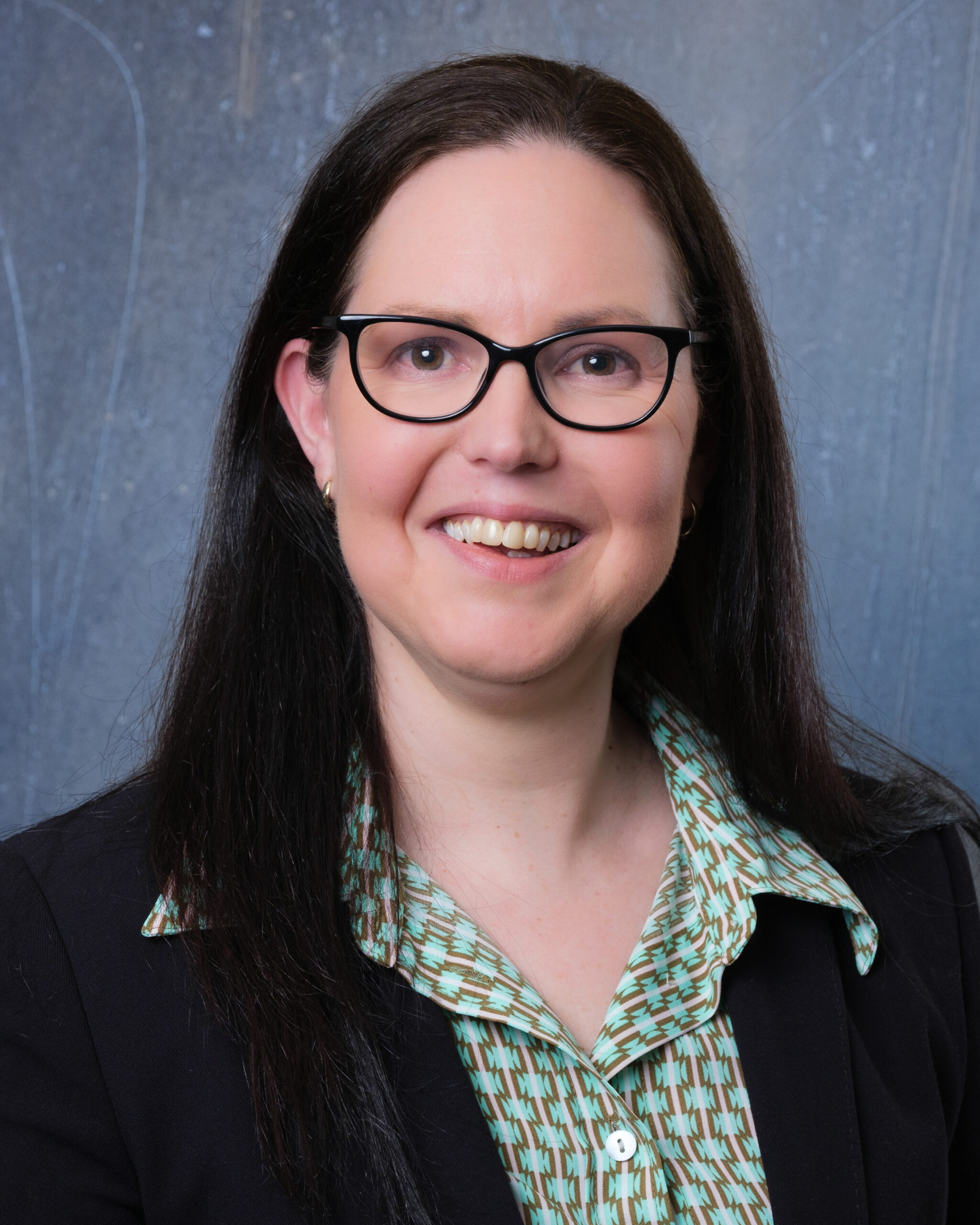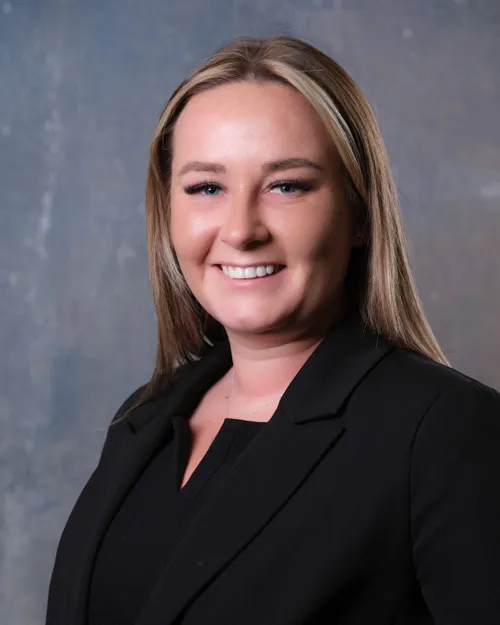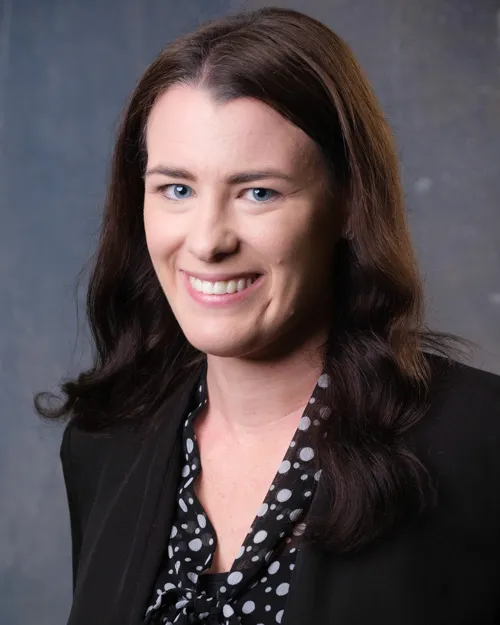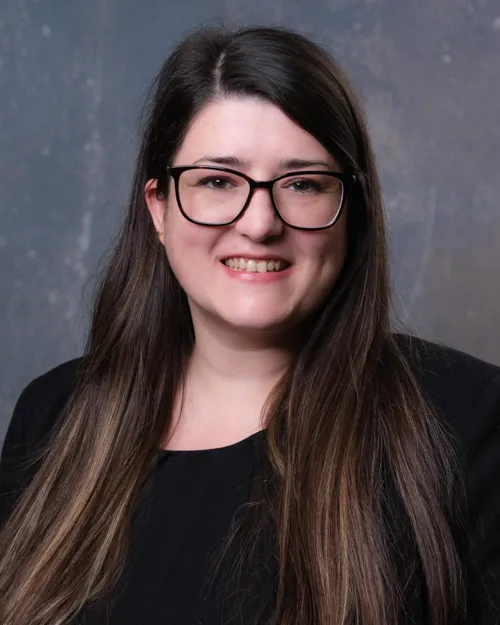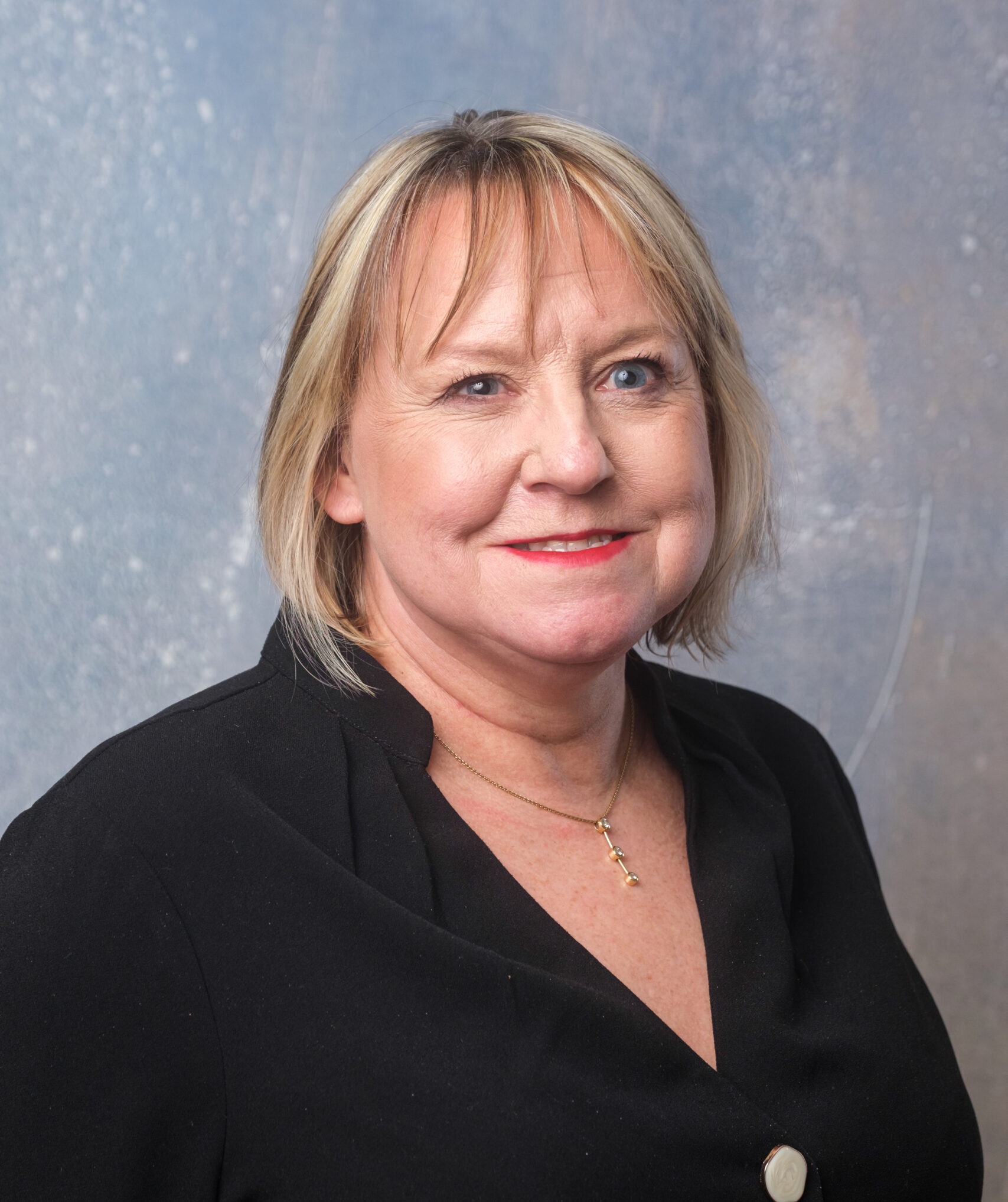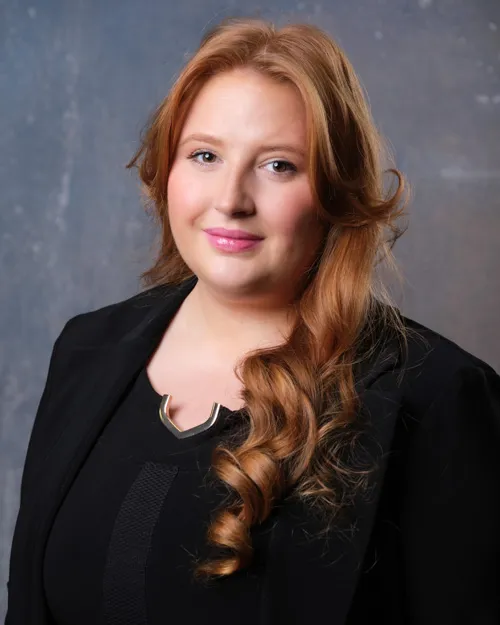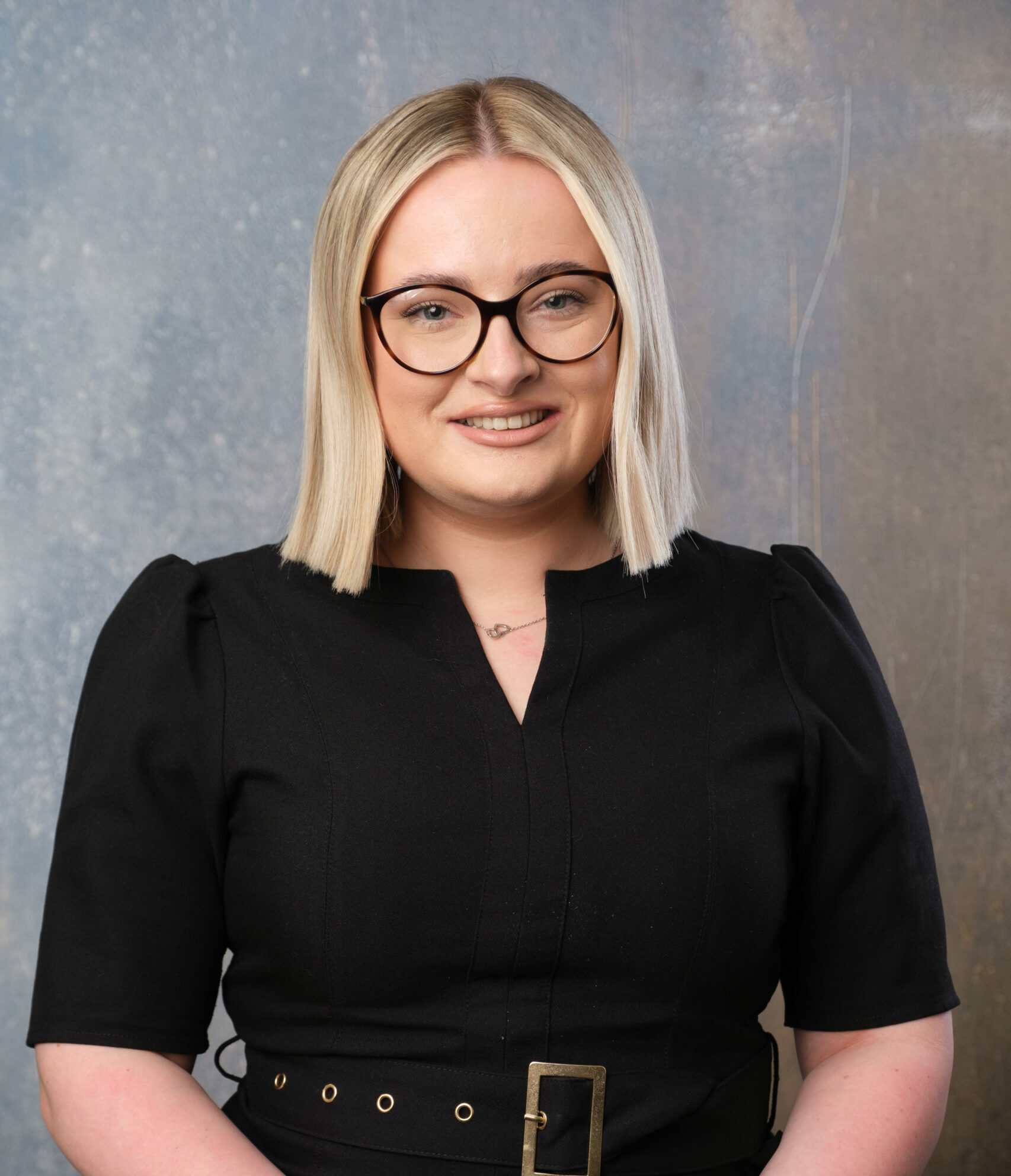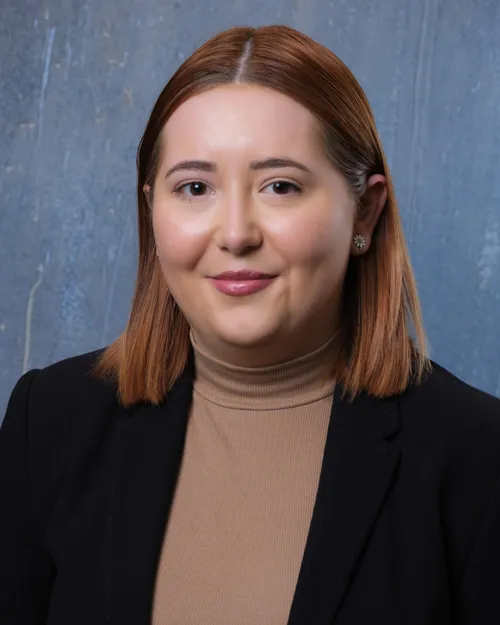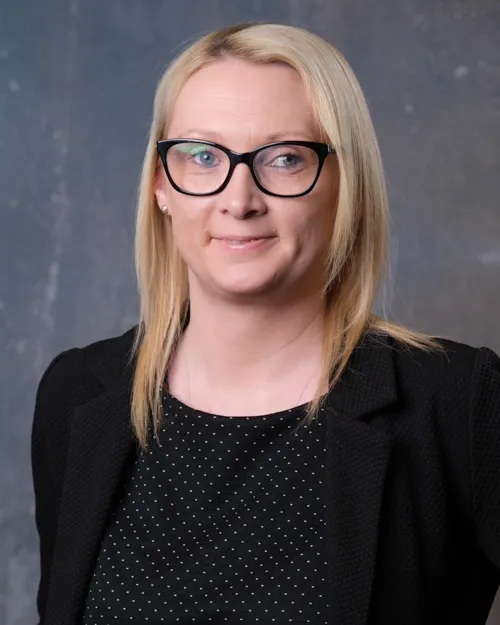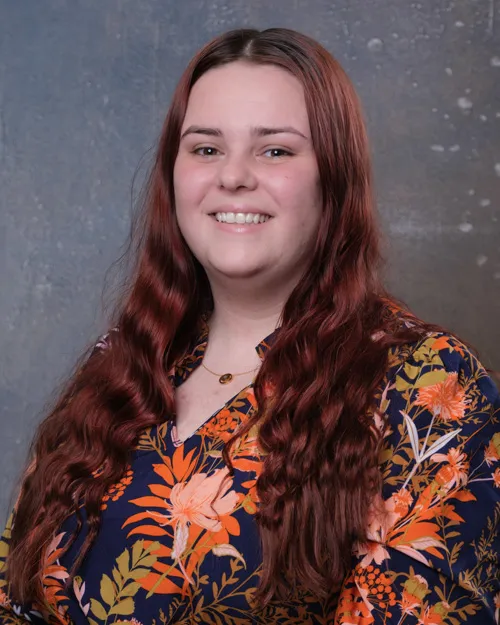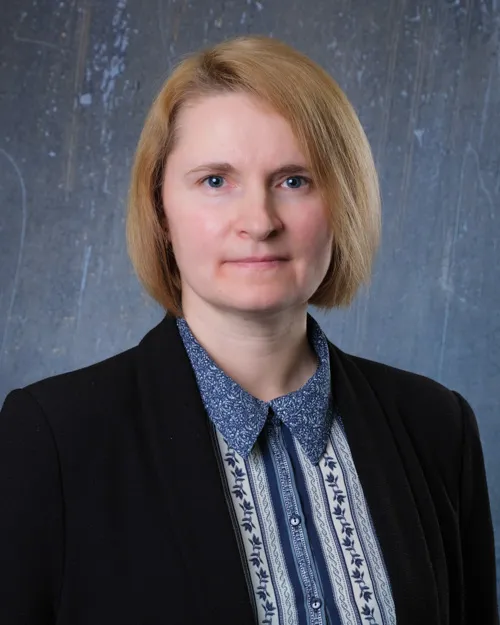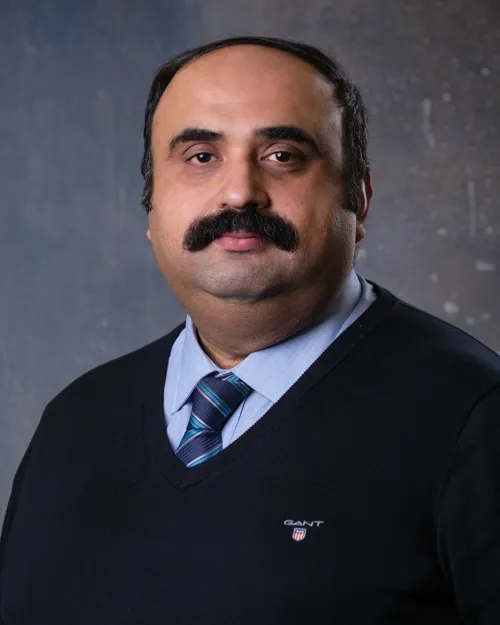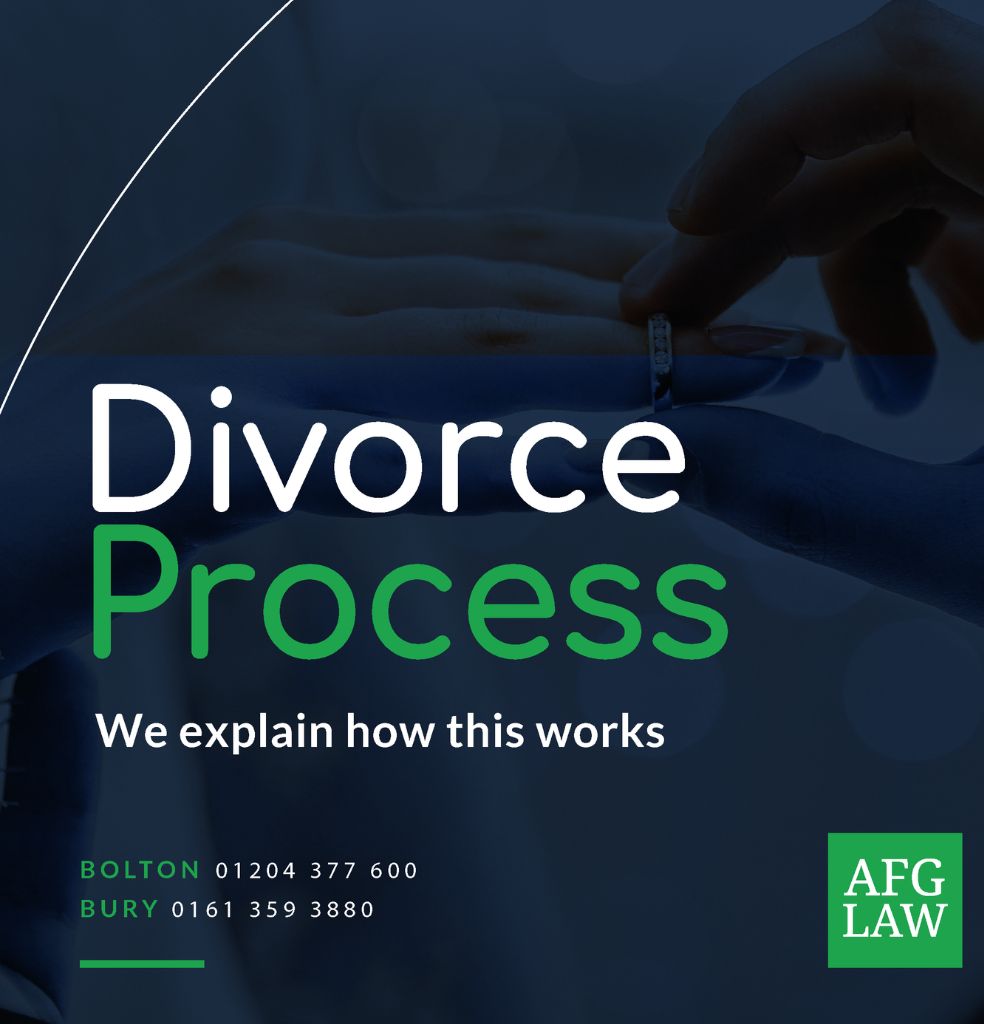What is Divorce?
Divorce is the legal process of ending a marriage or civil partnership. In England and Wales, you can only seek a divorce once you have been married for at least one year.
It is important to note that getting a divorce does not resolve issues and arrangements for childcare or finances (the latter is also known as ancillary relief within the context of Court proceedings); these issues are dealt with separately alongside the divorce process.
Spouses also no longer need to prove blame and wrongdoing in order to obtain a divorce. As of April 2022, the ‘no fault’ divorce process was introduced which aims to reduce conflict and encourage more amicable solutions between spouses, allowing them to focus on their children and resolving financial issues.
No fault divorce means the previous five grounds for divorce, such as adultery and unreasonable behaviour, no longer apply, and a specific reason for proceeding with the divorce process is no longer required, removing the requirement to apply ‘blame’ to one of the two divorcing parties, and make the entire process less acrimonious. Couples can now file for divorce without assigning blame. The new law also removes the ability to contest a divorce and allows couples to make a joint application.
Our team of family lawyers at AFG Law understand that applying for a divorce can be an emotionally intensive and sensitive process. We work hard to relieve the procedural stress from the divorce process, and provide clients with personalised legal advice that best suits their individual circumstances.
If you would like to speak to one of our specialist divorce solicitors, then please do not hesitate to get in touch with us today.
The Divorce Process
The divorce process can be a stressful time for both parties involved, plus their wider family. The process itself takes a minimum of 6 months from filing to receiving the final order. This timeline does not account for any complications or delays, and it is quite common for the divorce process to be prolonged. Factors such as arranging child custody, missing paperwork, or disputes over asset division can often mean the divorce takes longer than you might expect.
A general overview of the divorce process is outlined below:
Submitting the Divorce Application
- The person starting the divorce must submit the divorce application to the court, though it is also possible to make a joint application for divorce.
- The original marriage certificate or a certified copy must be provided.
- Due to the no fault divorce process, only confirmation that the marriage has irretrievably broken down is needed to apply for a divorce.
- If the marriage took place abroad or the certificate is in another language, you will need specialist advice from our solicitors.
Serving the Divorce Application
- If a sole application is made, the court will send the divorce petition and supporting documents to the Respondent (the other spouse).
- They must then complete an Acknowledgement of Service form to confirm receipt of the divorce petition.
The Reflection Period (Minimum 20 Weeks)
- Once a divorce application has been issued, a ‘period of reflection’ has been built into the new divorce system by the new no fault divorce laws. This period allows time for reflection, reconciliation (if desired), and reaching agreements on financial settlements and child arrangements.
Applying for the Conditional Order
- After the 20 week period, the Applicant can apply for a Conditional Order (formerly known as Decree Nisi).
Waiting Period Before the Final Order
- The Applicant must wait at least 6 weeks after the Conditional Order before applying for the Final Order (previously Decree Absolute).
- This waiting period allows time for financial matters to be settled.
Applying for the Final Order
- Once the 6 week period has passed, the Applicant can apply for the Final Order, which legally ends the marriage.
It is essential to seek legal advice before applying for the Final Order to ensure all financial matters are properly addressed. Couples can often fall into the ‘remarriage trap’ once they have received their final order. Remarrying before securing a financial settlement from their previous marriage means they can lose their right to make financial claims against their former spouse.
Divorce itself is purely a paper-based process designed only to dissolve the marriage. Our specialist divorce solicitors can also help you with financial and childcare matters, helping to negotiate fair settlements and ensuring that your interests are fully protected.
What Do Divorce Solicitors Do?
Our team of specialist family law solicitors at AFG Law provide compassionate and professional advice regarding divorce proceedings. We understand that divorce or the dissolution of a civil partnership can be overwhelming for all parties involved, and we work hard to relieve as much stress as possible by guiding you through the process.
Our divorce solicitors will:
- Offer clear and tailored legal guidance based on your individual circumstances.
- Handle all necessary legal paperwork, including divorce applications and financial agreements.
- Help resolve disputes through negotiation and mediation to reduce conflict.
- Protect your financial interests by ensuring a fair division of assets.
- Support you in securing child arrangements that prioritise your child’s wellbeing.
- Identify and address any complex financial matters, including hidden assets.
- Represent you in court if necessary, ensuring your rights are fully protected.
- Advise on post-divorce matters, such as financial settlements and updating wills.
Our solicitors also assist clients in exploring alternative dispute resolution (ADR) methods, such as mediation and collaborative law, which can help avoid time consuming and costly court battles. If court proceedings become necessary, we can represent you in court.
Will You Need to Go to Court?
In most cases, the new no fault divorce process can be successfully completed without the need for court intervention.
Court proceedings were much more commonplace under the old divorce system, where parties could defend the divorce.
If divorcing couples are struggling to come to an agreement on child arrangements or financial settlements during the divorce process, court intervention may be necessary to adjudicate on contested issues. However, it’s important to note that the court will expect parties to have made an effort to resolve their issues through alternative dispute resolution (ADR) methods, such as mediation, before proceeding to court.
At AFG Law, we recognise that every divorce is unique. Our compassionate team takes the time to understand your situation and provide tailored legal support. Whether you need guidance on financial settlements, child arrangements, or alternative dispute resolution, we are committed to achieving the best possible outcome for you.
Divorce Fees
Divorce costs can vary depending on their complexity and the individual needs of the client. As standard, the fee to apply for a divorce is currently £593 as of March 2025. This fee is for the divorce petition itself and doesn’t cover any additional legal costs for dealing with common issues outside of the main application, such as children and financial arrangements.
Our family law team at AFG Law offer their services on a fixed fee basis. Overall costs may increase with additional services such as child arrangements, financial settlements, mediation costs and court fees.
For more information on our fixed fee divorce services, please do not hesitate to get in touch with a member of our team today.
How Can Our Divorce Solicitors at AFG Law Assist?
Our divorce solicitors are dedicated to helping our clients secure a fair outcome. We understand that the divorce process is complex, with the court considering many factors when dividing assets between spouses or civil partners.
Each case can lead to different outcomes, but we will always advise you on what we believe is the most fair resolution and work tirelessly to achieve it in a cost effective manner.
Our divorce solicitors are here to support you throughout every stage of the divorce process, from filing for divorce and responding to divorce papers to negotiating financial agreements and managing child custody arrangements and parental responsibility.
Contact AFG Law’s family department today by calling 01204 920106 or emailing familysolicitor@afglaw.co.uk for a free initial over the phone consultation.
AFG Law have multiple offices with family law teams in Manchester, including Stockport, Bolton, Cheadle and Bury. We can also assist clients nationwide with our family law services remotely.



